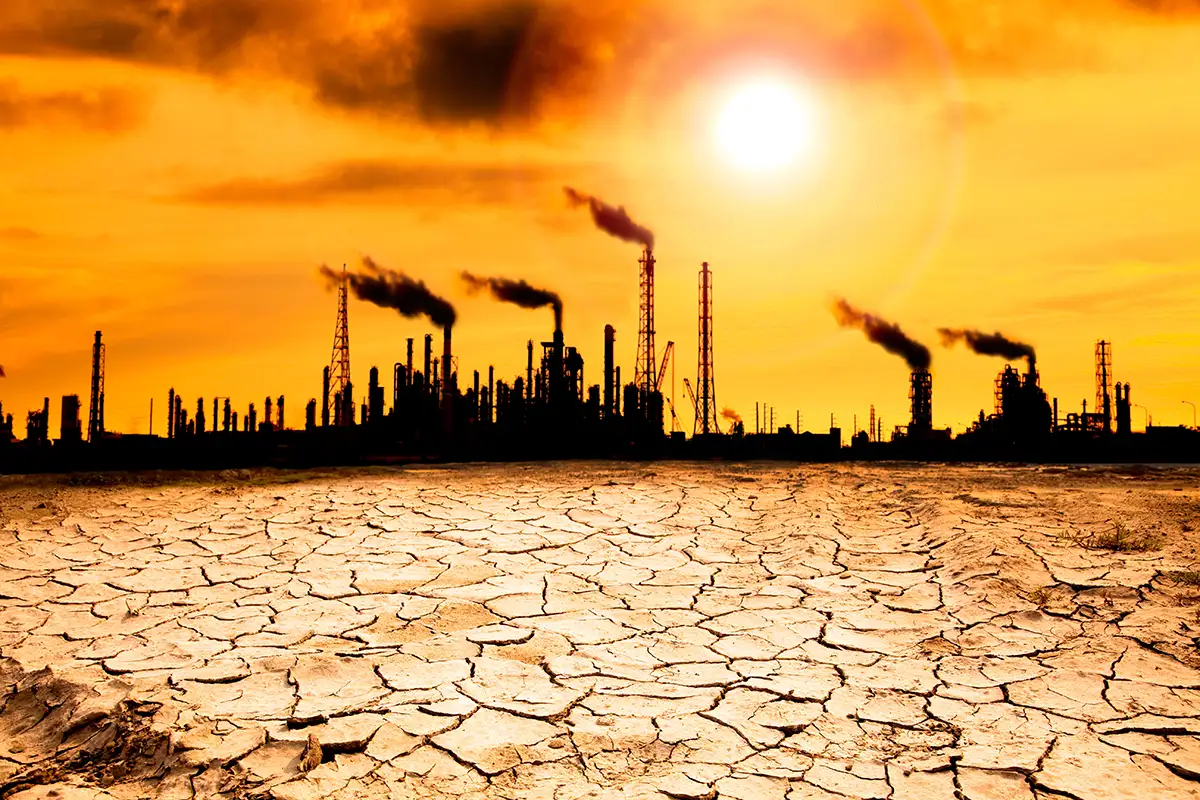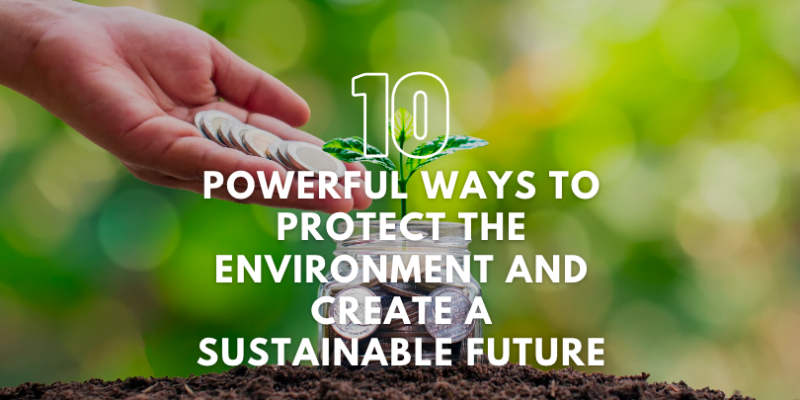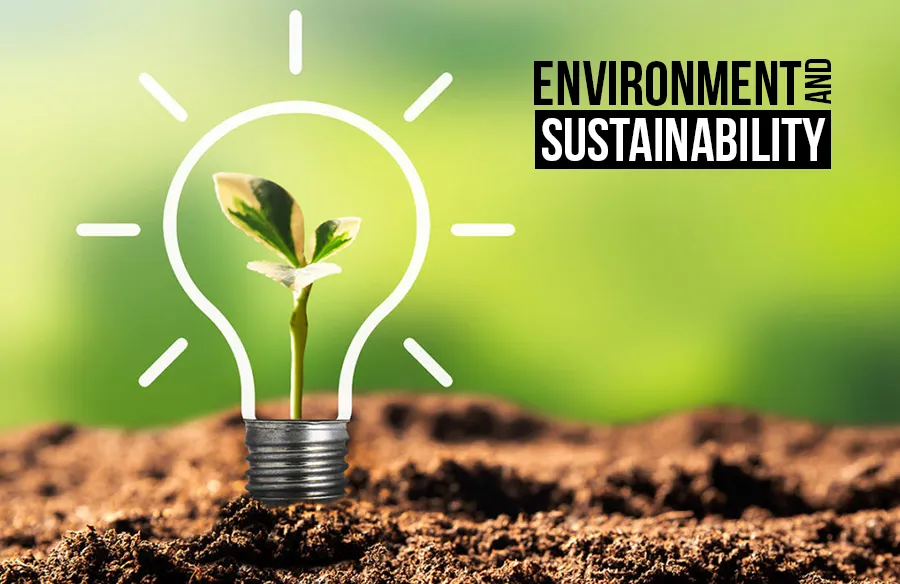Yes, April 2024 was the warmest in 175 years record. And yes, we’re still not giving Climate Change the attention it needs. The Earth is turning into a hot soup, and we’re the ingredients. So, this World Environment Day, let’s address the elephant in the room and dive into the swirling sea of information (and misinformation) about climate change. It’s time we get rid of the myths and acknowledge the facts.
Even though Climate Change has been a reality for decades, it’s still surrounded by myths and misconceptions. Here are the major ones:
1. The Denial: Climate Change Isn’t Real!
If only! Unfortunately, the overwhelming consensus among scientists is that climate change is very real and very urgent. According to NASA, the average surface temperature of earth has increased by about 1.18 degrees Celsius since the late 19th century. That’s not a theory—it’s a measured fact. The last decade has been the warmest on record, with 2023 being 1.36 degrees Celsius warmer. And we’re all experiencing soaring temperatures in 2024, with heatwaves and temperatures crossing 50 degrees Celsius in parts of India. So wake up to the reality!
2. The Ignorance: Human Activities Have Nothing to Do with It
Let’s put this one to bed right away. The primary reason for climate change is indeed human activities. Burning fossil fuels, deforestation, and industrial processes release enormous amounts of greenhouse gases into the atmosphere. We’re literally wrapping the Earth in a giant, ever-thickening blanket—one that’s causing some serious overheating issues. Sorry to burst your bubble but there are scientific proofs of humans being responsible for global heating over the last two centuries.
3. The Naivety: It’s Just Natural Climate Variability
Sure, the climate has naturally fluctuated throughout Earth’s history, but the rapid changes we’re seeing now are anything but natural. The current rate of warming is unprecedented over millennia. As the World Meteorological Organization points out, the past few decades have seen a dramatic increase in temperature correlating directly with industrialization and increased greenhouse gas emissions.

4. The Apathy: Just a Few Degrees Warmer? Big Deal!
Think again! Rising temperatures are just the teaser, and we do not want to watch the movie. You might think a couple of degrees isn’t much—like turning up your thermostat on a chilly day. But even a slight increase can have a massive impact on the Earth because everything in the Earth’s system is connected.
Melting ice caps, rising sea levels, droughts, water scarcity, floods, and more extreme weather events are just a few examples. These changes affect ecosystems, economies, and human health on a global scale, making why climate change is important abundantly clear.
5. The Hopelessness: It’s Too Late to Do Anything
This myth is perhaps the most dangerous. It’s never too late to take action. Mitigating and adapting to climate change can significantly reduce its impacts. Renewable energy sources, reforestation, and sustainable practices can all make a difference. Remember, every action counts, from recycling your plastics to supporting green policies.
Still Doubting Climate Change?
Let me give you some real impacts. In California, severe droughts and wildfires have become the new norm, devastating communities and ecosystems. Meanwhile, in Bangladesh, rising sea levels are forcing families to abandon their homes. These stories highlight what climate change is doing right now and underscore the urgency of taking action.
Do we have Solutions?
Yes. It’s not all doom and gloom. There’s a lot we can do to combat climate change and mitigate its effects:
- Mitigation strategies: Switching to renewable energy sources like solar and wind, enhancing energy efficiency, and reforestation. Even better, these solutions often save money in the long run.
- Adaptation measures: Building resilient infrastructure and communities that can withstand extreme weather. This includes everything from better urban planning to early warning systems for natural disasters.
- Individual actions: Yes, you! Small changes in our daily habits can bring measure results. Reduce, reuse, recycle, cut down on car trips, and support policies that promote environmental sustainability. For more practical tips, check out 10 ways you can contribute to environmental sustainability.
The Final Thought:
On this World Environment Day, let’s bust the myths and embrace the facts about climate change. Understanding why climate change is important helps us take meaningful action. By debunking misinformation and spreading awareness, we can make a difference for our planet.



Pingback: Net Zero Emissions & Carbon Budget: All You Need to Know
Pingback: What is Economic Sustainability? All you need to know
Pingback: COP29 Key Outcomes: What do they mean to you?
Pingback: Reduce Carbon Footprint With Small Changes in Daily Habits